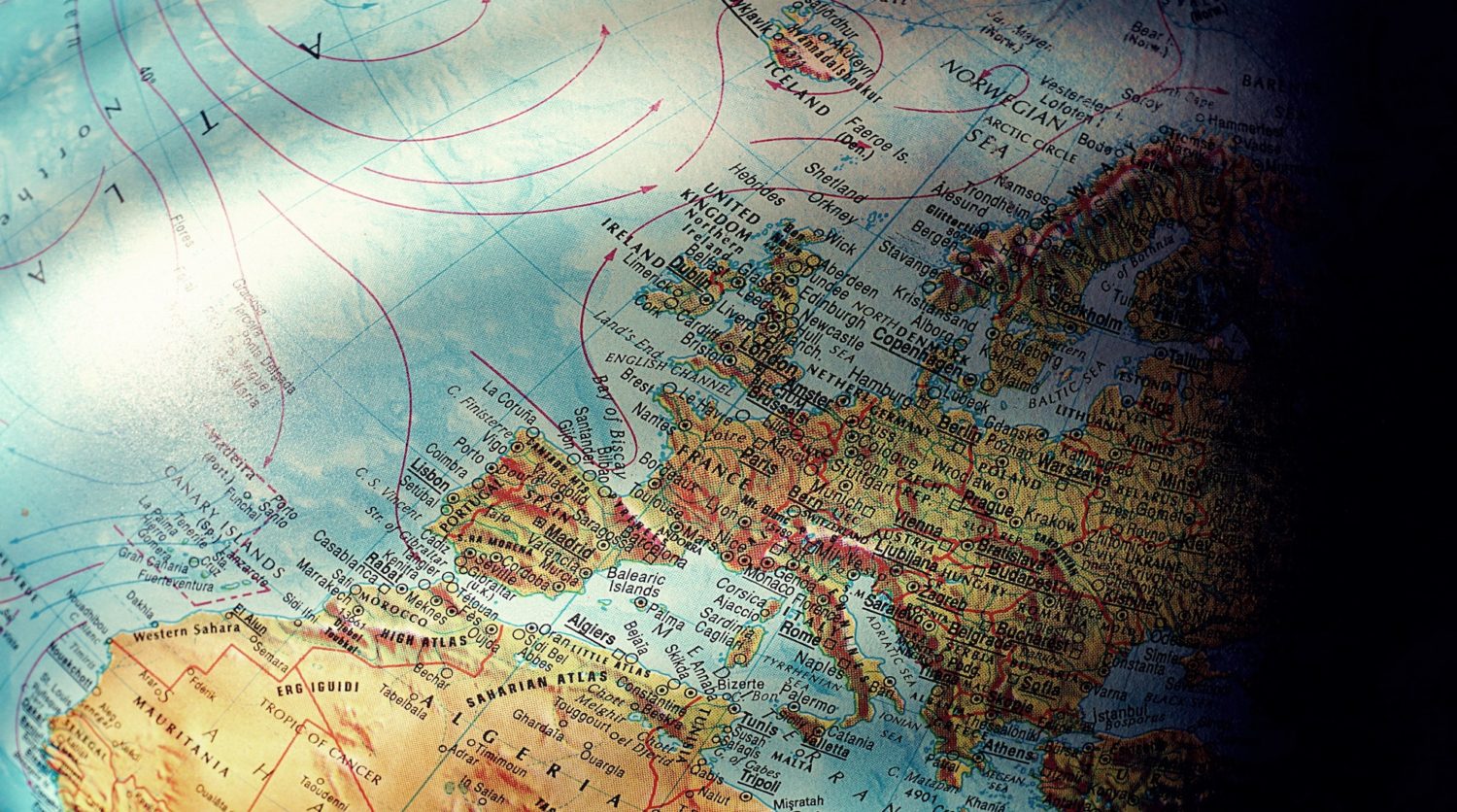The new tribalism
To combat polarisation, British identity must be rebuilt with inclusiveness, openness and hope at its centre, writes David Lammy MP.
In 2007, when Tony Blair asked me to lead commemorations on the bicentenary of the 1807 Abolition of the Slave Trade Act, I received an invitation from the Science Museum to undergo a DNA test. It revealed that I am a 25 per cent match to the Tuareg tribe in Fafa, Niger; a 25 per cent match to the Temne tribe in Sierra Leone; and a 25 per cent match to the Bantu tribe in South Africa. The most surprising detail was the reference to traces of Scottish DNA.
In recent years, I have become fascinated by the human need to belong. For my new book, Tribes, I went on a journey to understand three tribes that have shaped me. I travelled to Fafa, Niger, to explore my connection to my genetic roots. Next, I returned to Peterborough and the home of the parents of my best friend from the state boarding school I went to from age 11. I spoke to them about their unease about immigration, their experience of change as loss, and the feeling of crisis in middle England. Finally, I examined what it means to be British Caribbean, a community with a unique ability to bend, flex and adapt.
Many of us are seeking connection, after an era of individualism that went too far. Our longing for belonging in part explains why many of us have become more tribal. It is not only far-right extremists, Islamic terrorists, or gang members who have become more polarised. Split into tribes of right and left, Leave and Remain, as well as Labour and Conservative, political discourse has become toxic. Bipartisanship has become increasingly rare. Too many of us automatically think the worst of our opponents and turn a blind eye to wrongdoing within our own group.
To understand the new tribalism that has gripped society, we must examine the technological revolution that caused it. Traditional lifelong careers and the social classes they were linked to were once the source of peoples’ identities, but technological disruption and globalisation have eroded them. The social media algorithms that determine what content appears on our newsfeeds rarely show us new perspectives, instead offering up opinions we already agree with. The government has systematically underinvested in our communities, leaving fewer spaces and places for people from different backgrounds to interact. The result is a spike in depression across the Western world and a loneliness crisis. New tribal identities, often formed online, offer an appealing substitute for the communities we once had. They include many of the positive aspects of group membership: solidarity, friendship and loyalty, but also the supremacy, exclusivity and blind loyalty that is fracturing society.
My solution to the new tribalism starts at the local level. A radical decentralisation of power and wealth to metro mayors is a vital first step. In addition, I propose a new ‘encounter culture’, which encourages meaningful engagement between people of different ages, ethnicities, backgrounds and places on an equal basis. This can range from reinvesting in traditional clubs, pubs, libraries and sports teams, to more original local initiatives, such as ‘chatty café’ schemes where tables are left for people to speak to strangers, ‘creative sheds’ where people gather to make items in workshops; and ‘playing out’ initiatives which turn streets into temporary playgrounds. A universal basic income – giving every adult citizen a monthly cash payment from the government – would offer all of us more freedom to take part in civic events, activities or clubs that can help bring people closer together.
But at the national level, the UK must create a new civic identity, founded on shared institutions and ideals, to provide a progressive alternative to the ethnic nationalism, based on skin colour and genetic ancestry, that is taking root. A start would be to give England, left out of devolution, its own civic voice through a new permanent English Citizens’ Assembly. At the UK level, the priority must be come together around a new written constitution. Among other benefits, this would clearly articulate the values our four nations share, exactly where power lies for each political decision, and settle any ambiguities over the separation of powers between the legislature, the executive and the judiciary. A newly compulsory national civic service would bring young people from across the country together in a new environment; allowing them to make fresh bonds while learning new skills.
It is only by rebuilding our local and national identities in a way that is inclusive, open and hopeful that the UK can begin to engage on the global level again. We cannot win the argument for the supranational cooperation needed fix the world’s problems, including the climate crisis, migration and inequality, until people feel confident and secure in their neighbourhoods. A world beyond tribes will fail if it is a world without belonging. The solution is to replace competitiveness with cooperation. Swap fear for hope. Create communities instead of tribes.

